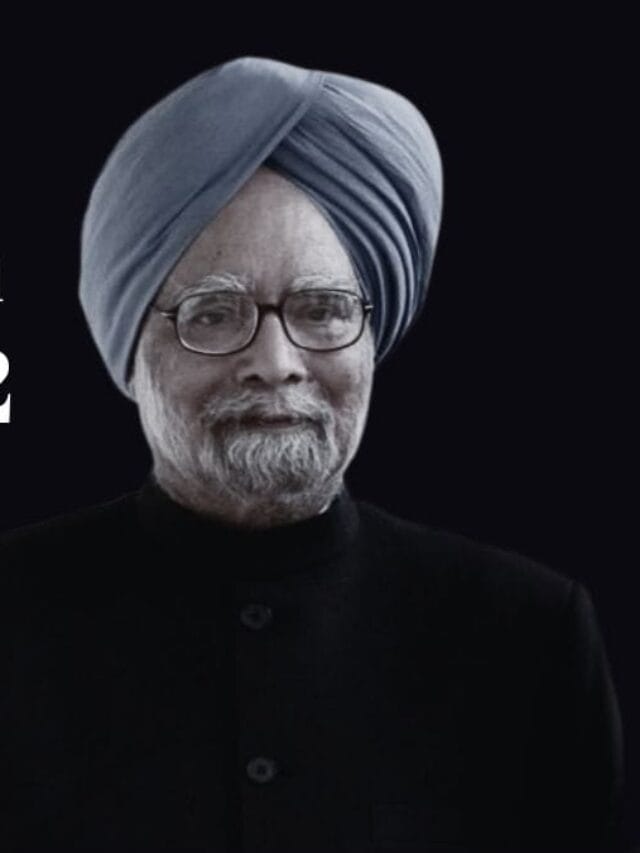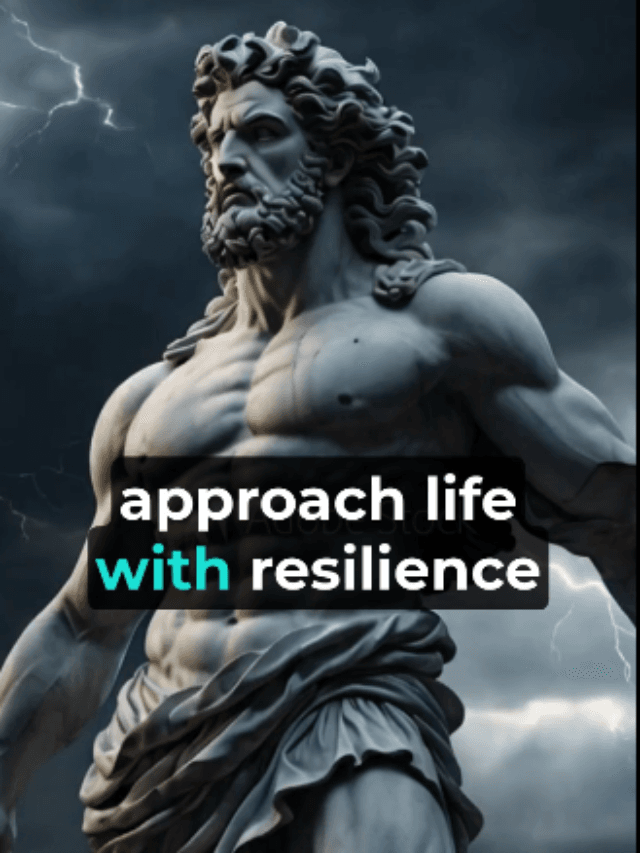

Workshop C: Violence and Abuse of Parliamentarians
Honorable Chairs, esteemed colleagues, and distinguished guests,
Thank you for the opportunity to speak on a critical issue that threatens the very foundation of democracy—the violence and abuse faced by parliamentarians. As representatives of the people, we are entrusted with the noble task of shaping laws, debating policies, and upholding democratic values. However, in recent years, across the Commonwealth and beyond, a disturbing trend has emerged—the rise in violence and abuse directed at parliamentarians. This troubling development not only endangers individual lawmakers but also undermines democratic institutions and erodes public trust in governance.
In my speech today, I will explore the nature and impact of violence and abuse faced by parliamentarians, present case studies from across the Commonwealth, and outline the urgent steps that must be taken to address this growing menace.
The Nature of Violence and Abuse Against Parliamentarians
Violence and abuse against parliamentarians come in many forms. It can range from physical violence, threats, and intimidation, to online abuse and harassment. In recent times, the advent of social media and digital communication has exacerbated this issue, as parliamentarians are increasingly subjected to harmful rhetoric and personal attacks online.
While disagreement and debate are natural in any democracy, when these differences of opinion devolve into personal abuse, hate speech, and even violence, it crosses a dangerous line. It creates an environment of fear and hostility, where parliamentarians feel unsafe doing the very job they were elected to perform—serving their constituents and upholding the principles of democracy.
In addition to physical threats, we have witnessed an alarming rise in misogynistic, racist, and homophobic abuse directed at parliamentarians, particularly women, minorities, and LGBTQ+ individuals. This targeted abuse seeks to silence underrepresented voices and further marginalize those who are already vulnerable.
Let us now turn to a few case studies from across the Commonwealth to understand the scale and impact of this issue.
Case Studies from the Commonwealth
- United Kingdom:The tragic murder of Jo Cox, a British Member of Parliament (MP), in June 2016, shocked the world. She was killed by a far-right extremist while serving her constituents. Jo Cox’s murder highlighted the very real dangers that parliamentarians face, not just from ideological extremism but also from the toxic political climate that can fuel violence. This horrific incident was a wake-up call to the global community that the safety of lawmakers cannot be taken for granted.In the aftermath, the UK Parliament introduced several measures to protect MPs, including increased security at constituency offices and enhanced protection for MPs traveling to public events. However, despite these efforts, many MPs continue to face threats of violence, both online and offline, particularly during divisive political debates, such as Brexit.
- New Zealand:In New Zealand, Prime Minister Jacinda Ardern has been vocal about the rise in online abuse and threats that she and other parliamentarians have faced. During her time in office, she has endured targeted online harassment, often of a misogynistic nature. These attacks are not isolated incidents but reflect a broader trend of political figures—especially women—being subjected to gender-based abuse.Ardern’s government has responded by implementing stronger legislation against online abuse and hate speech, recognizing the role that digital platforms play in amplifying threats against public figures. The New Zealand Parliament has also increased its security protocols to ensure the safety of its members.
- Canada:Canadian parliamentarians, particularly female and Indigenous MPs, have also been victims of harassment and threats. One notable case involved Catherine McKenna, a former environment minister, who faced repeated threats and online abuse for her role in advocating for climate change policies. McKenna was targeted both because of her political stance and her gender, illustrating the intersection of policy-related and gender-based abuse.In response, the Canadian government has worked to improve security for MPs and has initiated public campaigns to raise awareness about the dangers of online harassment. McKenna herself has been a strong advocate for protecting women in public life from abuse and ensuring that online platforms are held accountable for facilitating hate speech and threats.
- Sierra Leone:In Sierra Leone, violence against parliamentarians has taken a more direct and physical form. During the country’s highly charged political climate, MPs from opposition parties have been targeted for violence, often linked to broader political tensions and electoral disputes. In some instances, physical altercations have occurred within the walls of Parliament itself, as was the case in 2019 when violent clashes broke out between members of rival political parties during a parliamentary session.This violence has not only endangered the lives of the parliamentarians involved but has also tarnished the reputation of Sierra Leone’s democratic institutions. The international community has called for political leaders to work towards de-escalation and for greater protection of lawmakers in the country.
- Pakistan:In Pakistan, parliamentarians have long been vulnerable to both targeted violence and intimidation. Several high-profile incidents include the assassination of Benazir Bhutto in 2007, which shocked the global political community. Female parliamentarians, in particular, continue to face a combination of physical threats, harassment, and online abuse, with political discourse often becoming highly personal and dangerous.The Pakistani government has increased security measures for its parliamentarians, especially in volatile regions, but the systemic threats remain. A deeper cultural shift is necessary to combat the entrenched patterns of political violence and personal vendettas in the country.
Impact on Democracy and Governance
The consequences of violence and abuse against parliamentarians go far beyond the individuals targeted. When lawmakers are threatened or attacked, it creates a chilling effect on political participation and discourse. Parliamentarians may be dissuaded from addressing contentious or polarizing issues due to fear of reprisal. This compromises their ability to represent their constituents effectively and weakens the democratic process.
Moreover, violence and abuse deter women, minorities, and other marginalized groups from entering politics. The threat of harassment and violence creates additional barriers for these individuals, perpetuating inequality in political representation and silencing diverse voices in the legislative process.
In extreme cases, violence against parliamentarians can destabilize political systems, as we have seen in countries where political assassinations or violence have led to unrest and the erosion of democratic institutions. It is essential, therefore, that the international community treats the safety of parliamentarians as a key component of democratic resilience.
What Can Be Done?
The rise in violence and abuse against parliamentarians demands immediate and coordinated action. Here are some key steps that governments and parliamentary bodies across the Commonwealth must take:
- Strengthening Security Measures:Parliaments must invest in comprehensive security protocols to protect lawmakers, both in parliamentary buildings and in their constituencies. This may include increased police protection, enhanced security at public events, and improved safety at constituency offices.
- Addressing Online Abuse:Online platforms have become breeding grounds for abuse and threats against parliamentarians. Governments must work closely with social media companies to ensure that abusive content is quickly identified and removed, and that those responsible for threats are held accountable. Stronger laws regulating online abuse, hate speech, and cyberbullying must be enacted and enforced.
- Public Awareness and Education:Public campaigns to promote civility and respect in political discourse are vital. Citizens must understand the dangers of violent rhetoric and abuse, and be encouraged to engage in political debate in a constructive and respectful manner.
- Supporting Female and Minority Parliamentarians:Special attention must be given to protecting women and minority parliamentarians, who are often disproportionately targeted for abuse. This includes providing them with tailored security measures and promoting gender-sensitive policies to combat misogyny, racism, and other forms of discrimination.
- International Cooperation:The Commonwealth, as a collective of nations, can play a significant role in addressing this issue. By sharing best practices, facilitating dialogue on security measures, and supporting member states in enacting protective legislation, we can work together to safeguard parliamentarians across the Commonwealth.
Conclusion
Violence and abuse against parliamentarians are not just attacks on individuals—they are attacks on democracy itself. As representatives of the people, we cannot allow intimidation and threats to silence us. We must stand united against this rising tide of violence and create an environment where all parliamentarians can serve without fear.
The solutions are within our reach, but they require political will, international cooperation, and a firm commitment to upholding the values of democracy, equality, and justice. Together, let us work to ensure that the voices of those who serve the people are not drowned out by fear and intimidation, but are amplified by the strength of our collective resolve.
Thank you.
Workshop B: The Use of Artificial Intelligence in Parliamentary Processes Opportunities and Challenges


Free stock market course for Genz– https://genzfitness.in/free-stock-market-course-for-genz-4-formulas/
Best Book to read in 2024- https://eatyourproblems.store/





